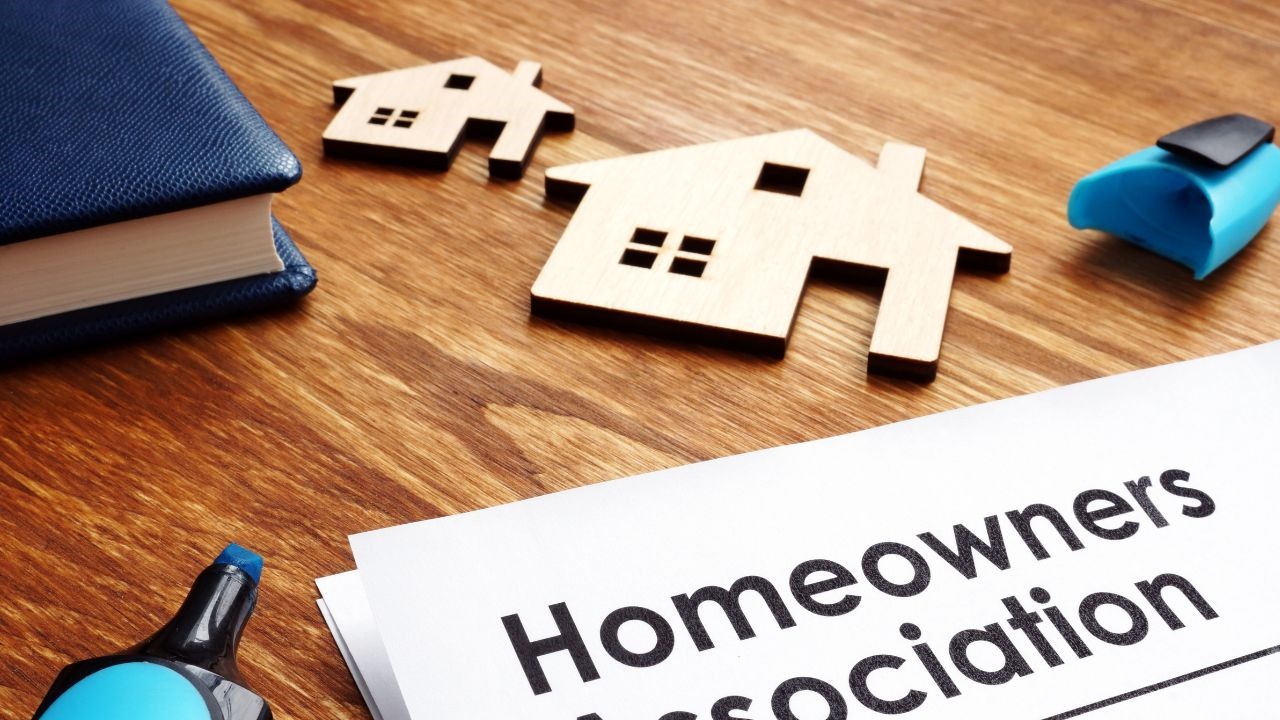The Ultimate Comparison: HOA Condo vs. Traditional Home
The Ultimate Comparison: HOA Condo vs. Traditional Home
Blog Article
The Function of an HOA in Developing and Enforcing Community Standards for Residents
The duty of a Homeowners Association (HOA) in implementing and developing community standards is fundamental to preserving a natural and orderly residential atmosphere - hoa condo. By creating clear guidelines that regulate facets such as home maintenance and community conduct, the HOA not only sets criteria for residents however likewise fosters a sense of belonging and liability. Nevertheless, the execution of these guidelines can present various difficulties, elevating questions about fairness, interaction, and area interaction. As we explore these intricacies, it comes to be noticeable that the influence of an HOA expands far beyond mere rule enforcement.
Understanding Homeowners Organizations
Homeowners associations (HOAs) act as governing bodies for household communities, playing a crucial function in maintaining residential property values and fostering a feeling of area. Generally formed by programmers, HOAs are made up of homeowners within a marked location that elect a board to oversee the association's tasks. The primary functions of an HOA include enforcing community guidelines, taking care of usual areas, and arranging neighborhood events.
HOAs operate under a set of regulating records, consisting of restrictions, commitments, and conditions (CC&R s), which detail the legal rights and obligations of home owners. These laws aim to make sure that properties are kept to a specific standard, therefore securing the aesthetic allure and total value of the area. In addition, HOAs commonly accumulate dues from home owners to fund maintenance, landscape design, and other social work.
The existence of an HOA can considerably influence the living experience within a neighborhood (hoa condo). While some locals value the structured environment and amenities provided, others may locate particular regulations limiting. Stabilizing the rate of interests of all house owners is important for an HOA to work successfully, ensuring that it serves its intended objective of boosting area living while valuing specific home owner rights
Creating Area Standards

To begin, an HOA needs to carry out studies or hold meetings that enable citizens to voice their problems and recommendations. This participatory procedure cultivates a sense of ownership and boosts compliance. Next, the HOA board need to evaluate the feedback to identify typical styles and top priorities that necessitate formal addition in the guidelines.
It is likewise necessary to guarantee that the guidelines are clear, succinct, and conveniently comprehended. Uncertainties can lead to misunderstandings and disputes, undermining the purpose of the guidelines. Moreover, the standards must be extensive, covering different facets of community living, including building maintenance, sound levels, and use usual locations.
Enforcement of Regulations
Reliable enforcement of neighborhood guidelines is important for preserving order and guaranteeing that all homeowners stick to the established standards. An HOA needs to carry out a structured method to impose these laws, which usually entails a combination of surveillance, interaction, and penalties for non-compliance.
First, normal inspections and neighborhood patrols can assist identify offenses, making certain that guidelines are constantly applied throughout the neighborhood. This positive tracking permits the HOA to deal with issues before they escalate, fostering a sense of accountability among homeowners.
2nd, clear interaction is vital. Residents should be educated of the rules and the treatments for reporting violations. An open line of communication encourages citizens to voice problems and look for explanation on standards, which can enhance compliance.

Finally, when infractions happen, the HOA should impose repercussions as detailed in the regulating files. This may include warning letters, fines, or, in extreme instances, lawsuit. It is necessary that penalties are applied rather and continually to keep depend on within the neighborhood. By efficiently imposing rules, an HOA can grow an unified living atmosphere that reflects the cumulative worths of its locals.
Advantages of HOA Laws
Numerous advantages occur from the implementation of HOA regulations, which offer to enhance the lifestyle within a community. One key advantage is the upkeep of residential property values. By applying standards for visual appeals and maintenance, HOAs ensure that homes and typical areas pop over to this site stay eye-catching, promoting a preferable living environment that can cause increased residential property values gradually.
In addition, HOA policies advertise uniformity and uniformity within the neighborhood. This comprehensibility in design and upkeep aids to develop a feeling of belonging among locals, adding to community pride and a favorable environment. Established guidelines help with dispute resolution amongst next-door neighbors by giving clear assumptions and protocols for behavior, thus lessening conflicts.
An additional substantial advantage is the stipulation of common services and solutions. Several HOAs take care of area centers such as swimming pools, clubs, and parks, which boost entertainment possibilities for citizens. These features not just improve the lifestyle but also urge social communication.
Inevitably, the guidelines stated by an HOA cultivate a well-organized, unified neighborhood, making sure that locals delight in a high standard of living while cultivating an encouraging atmosphere for all property owners.
Common Challenges Encountered by HOAs
In the middle of the benefits that home owners organizations (HOAs) can offer, they also run into a range of challenges that can prevent their efficiency. One significant concern is the absence of resident engagement. Several house owners may not get involved in meetings or area tasks, leading to a separate between the HOA board and homeowners. This disengagement visit their website can lead to misunderstandings regarding community standards and a lack of assistance for enforcement efforts.
Another difficulty is the enforcement of regulations and policies. Conflicts can emerge when residents feel that enforcement is irregular or prejudiced, potentially causing problems within the community. Furthermore, HOAs usually face financial restrictions, which can restrict their ability to preserve usual locations or fund community jobs. This can develop dissatisfaction among homeowners that anticipate high standards of upkeep.
Furthermore, browsing legal intricacies can be intimidating for HOAs. Transforming demographics and developing area see this here needs require HOAs to adjust their guidelines, typically meeting resistance from enduring homeowners who are accustomed to standard norms.
Final Thought

By developing clear regulations that control aspects such as residential or commercial property upkeep and neighborhood conduct, the HOA not just establishes standards for homeowners but likewise promotes a feeling of belonging and liability.Homeowners organizations (HOAs) serve as governing bodies for domestic neighborhoods, playing a crucial role in maintaining residential property worths and cultivating a feeling of area. Several homeowners may not participate in meetings or community activities, leading to a disconnect between the HOA board and residents. Changing demographics and evolving community needs require HOAs to adjust their standards, usually fulfilling resistance from long-lasting homeowners that are accustomed to standard standards. With the development of clear regulations and consistent enforcement, HOAs advertise building upkeep, neighborhood pride, and trust amongst citizens.
Report this page